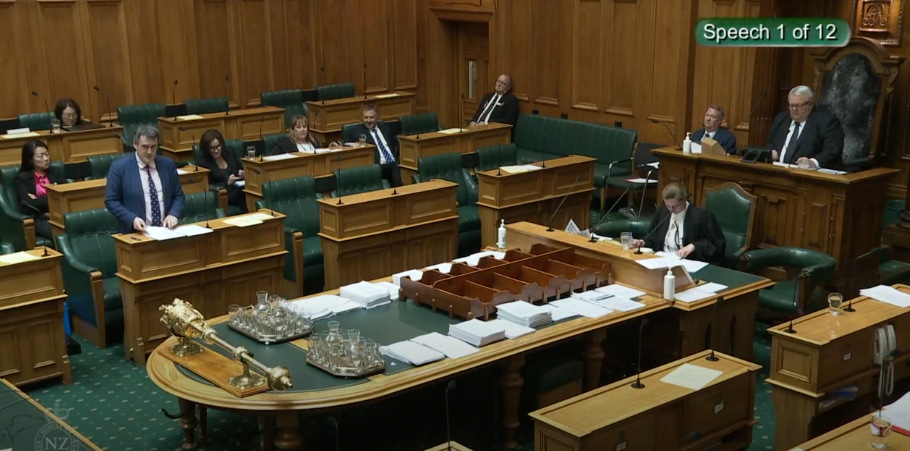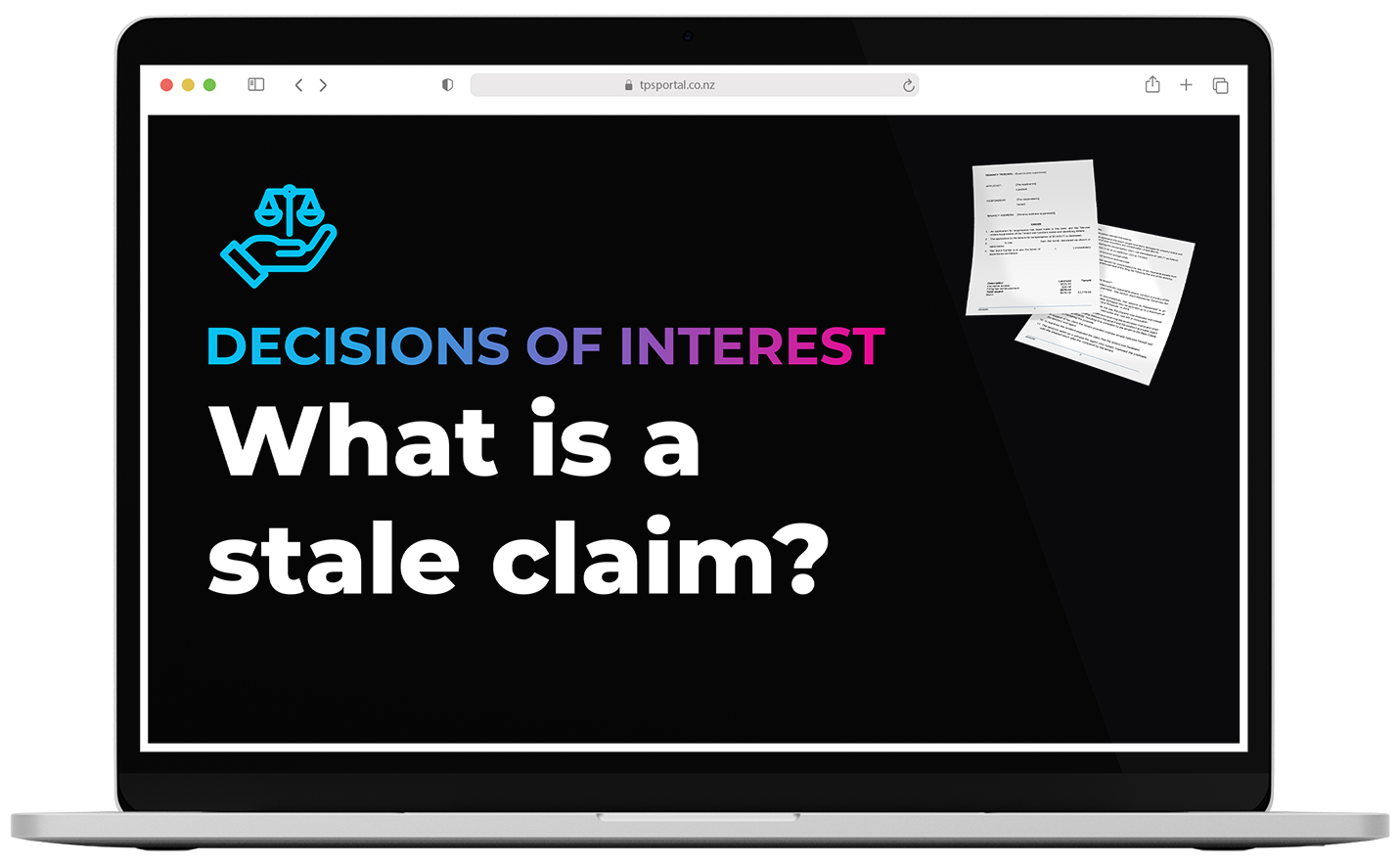The Government is introducing a six month freeze on residential rent increases and increased protection for tenants from having their tenancies terminated.
The changes include:
-Immediate freeze on rent increases
– Tenancies will not be terminated during the lock-down period, unless the parties agree, or in limited circumstances
– Tenants who had previously given notice can stay in their if they need to stay in the tenancy during the lock-down period
– Tenants will still be able to terminate their tenancy as normal, if they wish
The changes, which will become law on March 26, 2020, are introduced as New Zealand enters a state of emergency because of the COVID-19 pandemic.
“These changes will ensure that people can stay in their homes during this challenging time. This enables families and individuals to self-isolate, to stay home and maintain physical distancing, supporting the public health of all New Zealanders,” Housing Minister Megan Woods said.
“It also means that in the short term, families and individuals who are tenants do not lose their home due to a drop in income related to job losses through Covid-19.
“Sustaining tenants in their current homes will help prevent further pressure on our welfare system at this time.
Minister Woods is making it clear that tenants have obligations as well.
“It is not acceptable for tenants to abuse the current situation by refusing to pay rent when they have the capacity to do so, causing significant property damage, or significant anti-social behaviour,” she said
“Tenants are still fully liable for their rent payments and any damage as we ensure that Landlords do not increase the burden on tenants.”
“The measures we have proposed try to balance protection of the interests of
Landlords who terminate unlawfully could be liable for exemplary damages of up to $6,500 payable in each case.
Tenancy termination measures apply for three months, and this may be extended if necessary.
Importantly, where a tenant has symptoms of Covid-19, or is confirmed as positive, this is not grounds for a landlord to terminate a tenancy. Nor is a tenant required to notify their landlord if they test positive for Covid-19.
However, tenants will be encouraged to advise the landlord, if they need to attend the property while the tenant is self-isolating. Gor example, if the landlord needs to undertake urgent repairs at the property.
“In these unprecedented times, we encourage landlords to talk to their tenants, work together and take care of each other wherever possible. Parties should try to come to an arrangement that suits them both. We need to work together and help each other to fight Covid-19,” Woods said.
If you need financial assistance or emergency accommodation, you should talk to Work and Income:
www.workandincome.govt.nz/providers/housing-providers/emergency-housing/index.html





